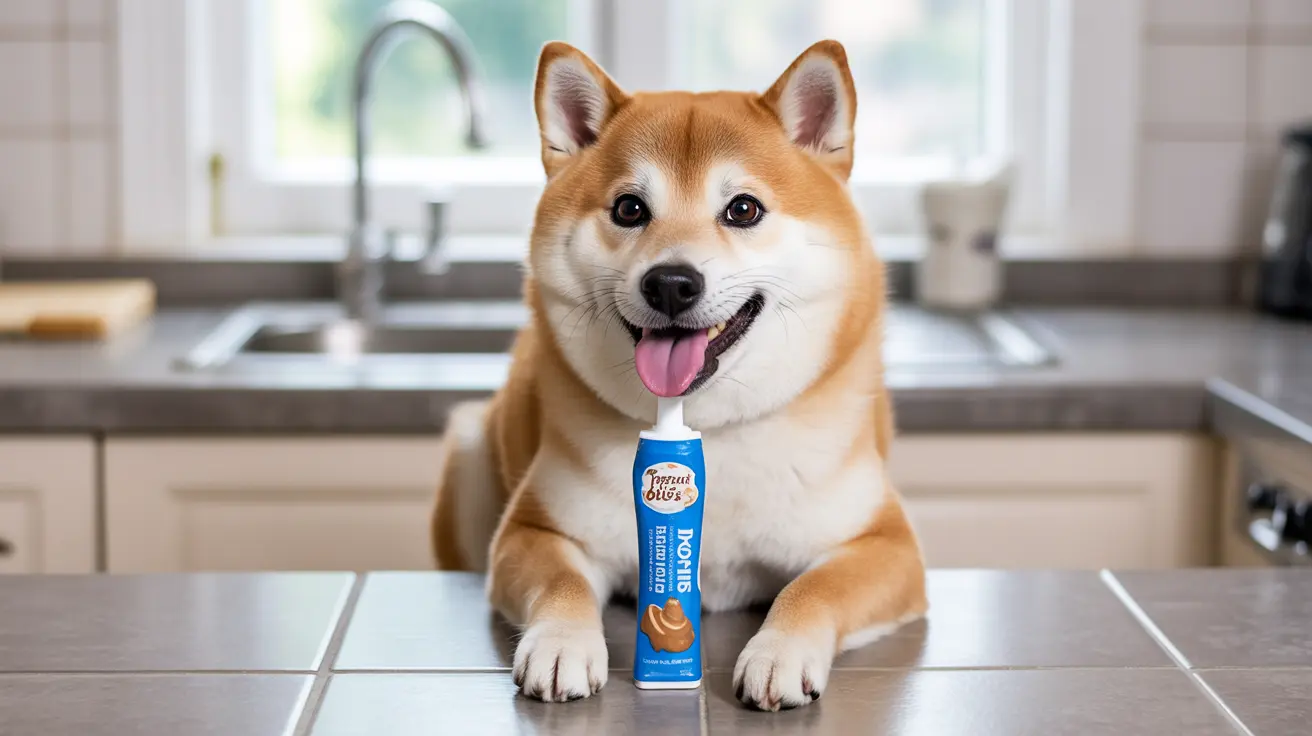Understanding the Importance of Canine Dental Health
Dog dental care goes far beyond preventing bad breath. Poor oral hygiene can lead to serious health complications affecting not just your pet's mouth, but their entire body. Bacteria from dental infections can enter the bloodstream, potentially damaging vital organs like the heart, liver, and kidneys.
Regular dental maintenance helps prevent periodontal disease, which is the most common dental condition in dogs. This painful condition can result in tooth loss and systemic health issues if left untreated.
Establishing an Effective Home Dental Care Routine
Daily tooth brushing remains the gold standard for maintaining your dog's oral health. Use a soft-bristled toothbrush specifically designed for dogs, along with dog-formulated toothpaste. Never use human toothpaste, as it contains ingredients that can be harmful to your pet.
Start slowly when introducing dental care routines. Begin with gentle finger massages of the gums, gradually progressing to a toothbrush. Make the experience positive by using flavored dog toothpaste and offering rewards after each session.
Professional Dental Care and Cleaning
Regular veterinary dental check-ups are essential for maintaining your dog's oral health. Professional cleanings, performed under anesthesia, allow for thorough examination and cleaning both above and below the gum line. These cleanings typically include scaling, polishing, and dental X-rays to detect hidden problems.
Your veterinarian can also apply protective sealants and identify early signs of dental disease before they become serious issues.
Supplemental Dental Care Products
While not a replacement for brushing, dental chews, toys, and water additives can complement your dog's oral care routine. Look for products with the Veterinary Oral Health Council (VOHC) seal of approval, which indicates they've been proven effective in reducing plaque and tartar.
Choose appropriate-sized chews and toys for your dog, and always supervise chewing sessions to prevent choking hazards or dental injuries.
Recognizing Signs of Dental Problems
Early detection of dental issues is crucial for effective treatment. Watch for warning signs including:
- Persistent bad breath
- Red or bleeding gums
- Visible tartar buildup
- Difficulty eating or dropping food
- Excessive drooling
- Pawing at the mouth
Frequently Asked Questions
How often should I brush my dog's teeth and what toothpaste is safe to use?
Brush your dog's teeth daily using only dog-specific toothpaste. If daily isn't possible, aim for at least 2-3 times per week. Never use human toothpaste, as it contains ingredients like xylitol that are toxic to dogs.
What are the most common signs that my dog has dental disease?
Common signs include bad breath, yellow or brown teeth, bleeding or red gums, loose teeth, decreased appetite, difficulty eating, and pawing at the mouth. If you notice any of these symptoms, consult your veterinarian promptly.
Why does my dog need professional dental cleanings under anesthesia?
Anesthesia allows veterinarians to thoroughly clean below the gum line, take dental X-rays, and properly examine all surfaces of the teeth. This level of cleaning and examination isn't possible while the dog is awake.
Can dental chews and toys replace brushing for my dog's oral health?
No, while dental chews and toys can help reduce plaque and tartar, they shouldn't replace regular brushing. These products work best as part of a comprehensive dental care routine that includes brushing and professional cleanings.
How can poor dental care affect my dog's overall health and lifespan?
Poor dental health can lead to bacterial infections that spread through the bloodstream to vital organs, potentially causing heart, liver, and kidney disease. Studies suggest that maintaining good dental health can add years to your dog's life.
Conclusion
Proper dog dental care requires a combination of daily home care, appropriate dental products, and regular professional cleaning. By establishing good oral hygiene habits early and maintaining them throughout your dog's life, you can prevent painful dental conditions and contribute to their overall health and happiness.






